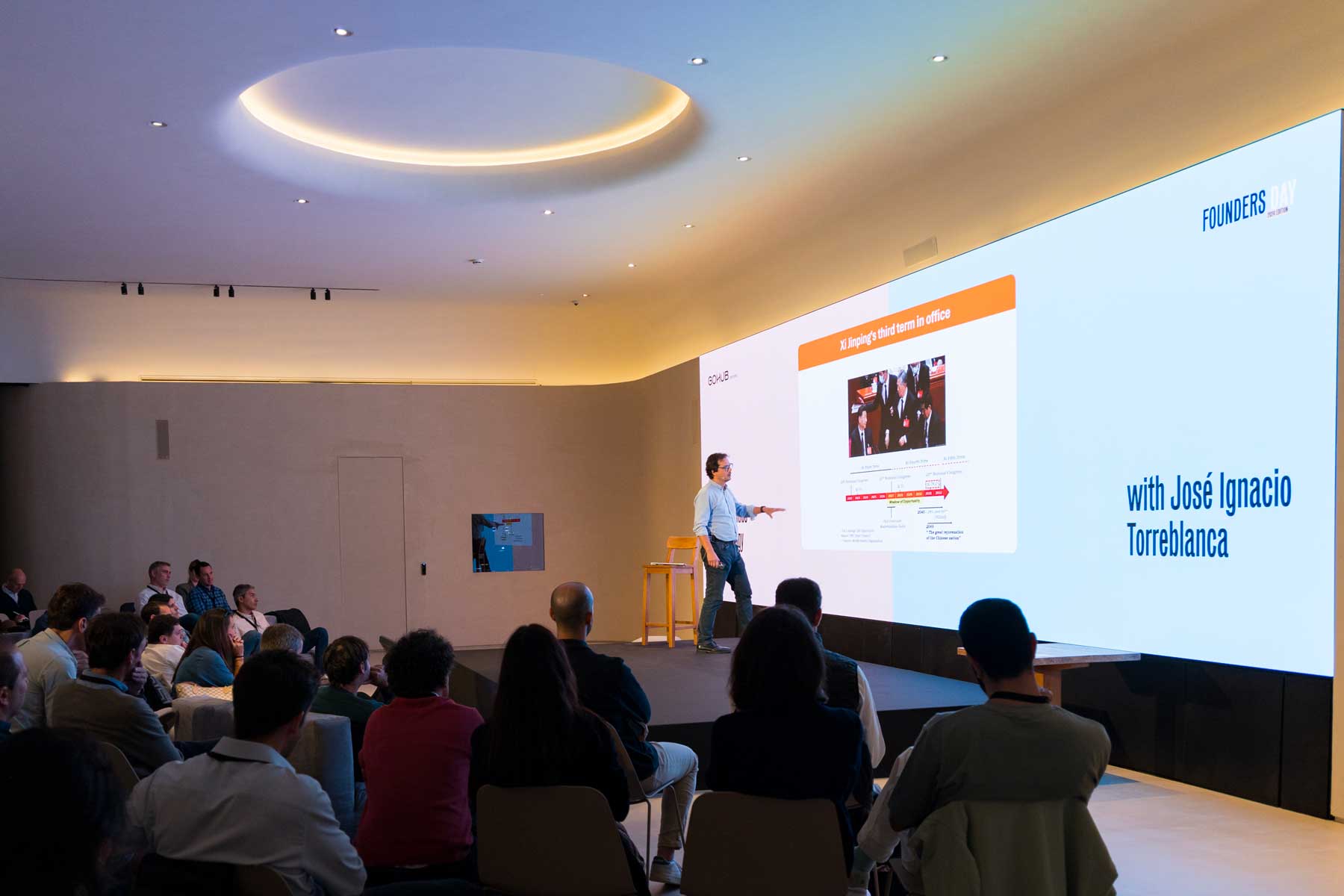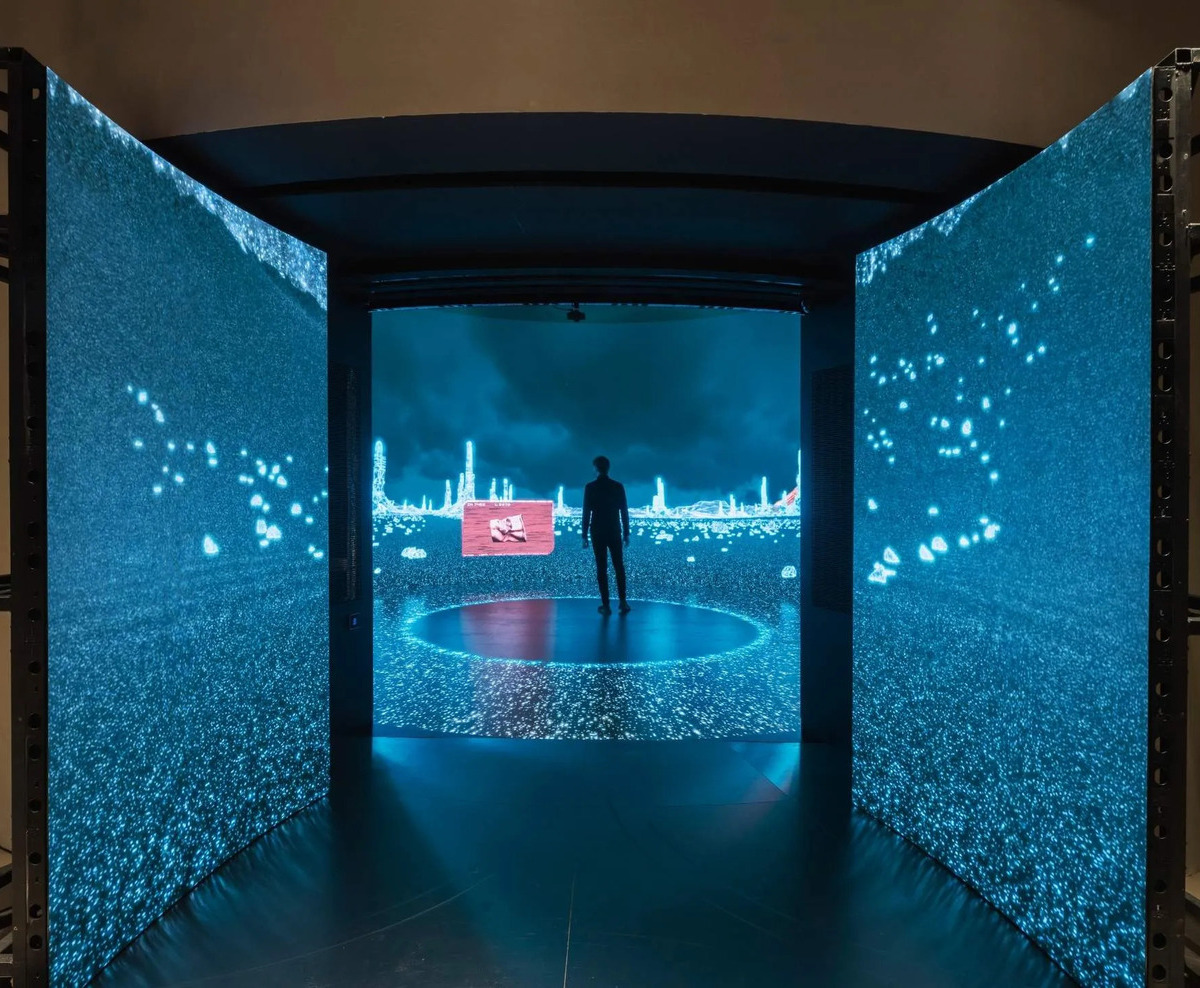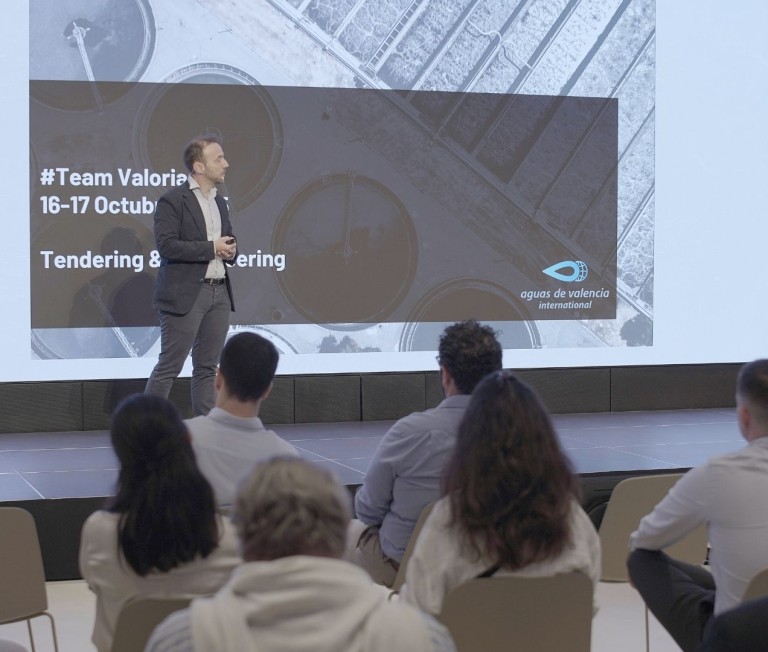Corporate events are planned meetings organized by companies with a specific objective, such as announcing new launches to suppliers, training employees, or attracting investors. These events can include conferences, strategic meetings, product presentations, teambuilding activities, or training workshops, among many others.
In this context, MICE events (Meetings, Incentives, Conferences, and Exhibitions) have become increasingly relevant, offering a specialized space to foster business networking and generate new commercial opportunities.
These events are an important marketing and communication tool and generate a significant positive impact both internally and externally. Internally, they foster communication between employees, foster a sense of belonging, and motivate them. Externally, they allow for direct connection with clients, investors, or suppliers, increasing brand visibility and projecting a strong image, differentiating themselves from the competition, and, of course, generating new business opportunities. Properly executing these corporate events is key to a company's strong positioning and strategic growth. In fact, according to the Visme report, "83% of brands say they've increased their sales thanks to corporate events."
Key Takeaways from This Article
- • Corporate events are strategic tools to strengthen organizational culture and align teams.
- • They foster networking both internally and externally, strengthening key business and professional relationships.
- • They adapt to different formats such as conferences, product launches, team buildings, or hybrid meetings.
- • A well-organized event generates a positive emotional impact and enhances brand perception.
- • Professional planning is key to ensuring communication and engagement goals are achieved.







